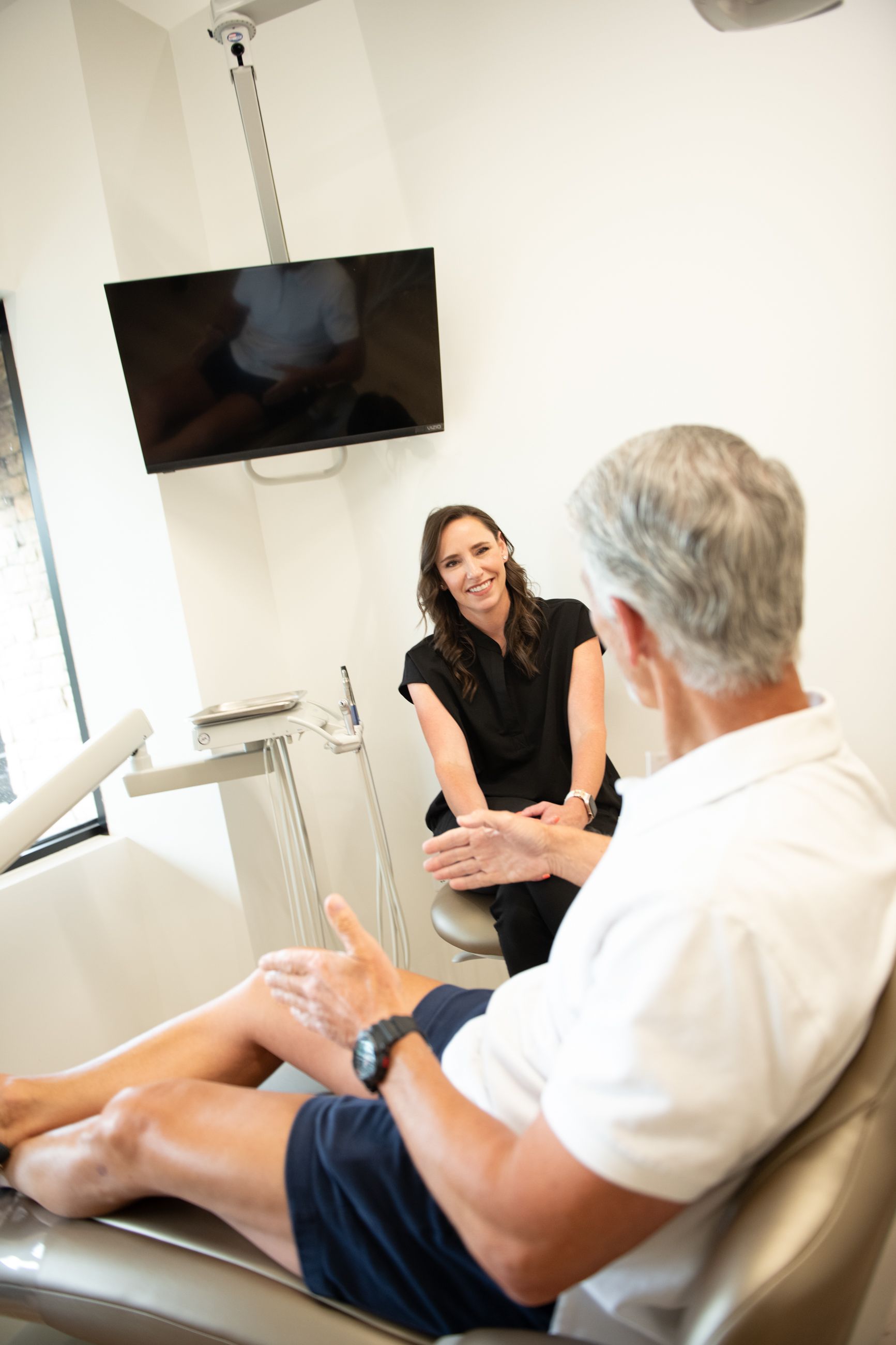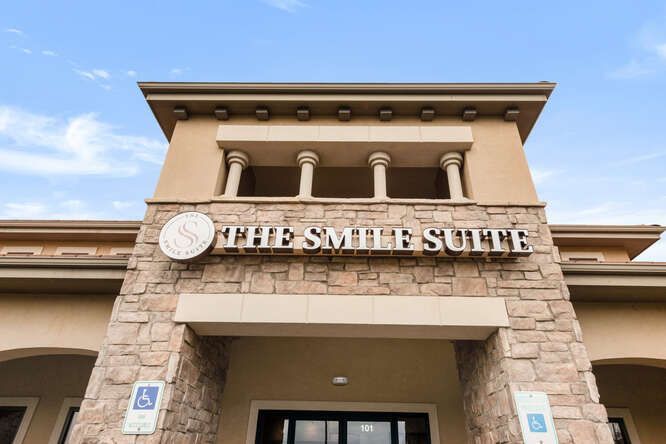Routine Dental Checkup
Our patients' most frequently asked question is how often they should book a routine dental checkup and teeth cleaning appointment.
We at The Smile Suite dental practice strongly recommend having a routine dental checkup at least twice a year to ensure optimal dental health. No matter how thorough your oral hygiene routine is, chances are teeth stains, plaque, and tartar will still accumulate in your teeth.
If you're not careful and neglect regular dental visits, it will soon take its toll on your oral health. You may put yourself at risk for tooth decay, gum disease, and other issues with your oral health the longer you go without dental treatments.

What Happens During a Routine Dental Checkup
What happens if oral health issues are found?
We discuss any oral health issues discovered after the routine dental checkup. We recommend all necessary treatments, such as regular professional cleanings to prevent the oral problem from worsening. Early detection is always better, especially when talking about simple issues like signs of tooth decay or more serious issues like oral cancer.
In some cases, we may need to refer you to a specialist. For example, we will refer you to an orthodontist if you need treatment to straighten your teeth. With that, we also inform you of the estimated cost of the dental procedure and payment plans, if any.
Further more we also inform you of the cost of the
dental procedures in our office. If you have a dental benefit plan we will work with you to get the estimated coverage on the procedures presented for your particular plan.






